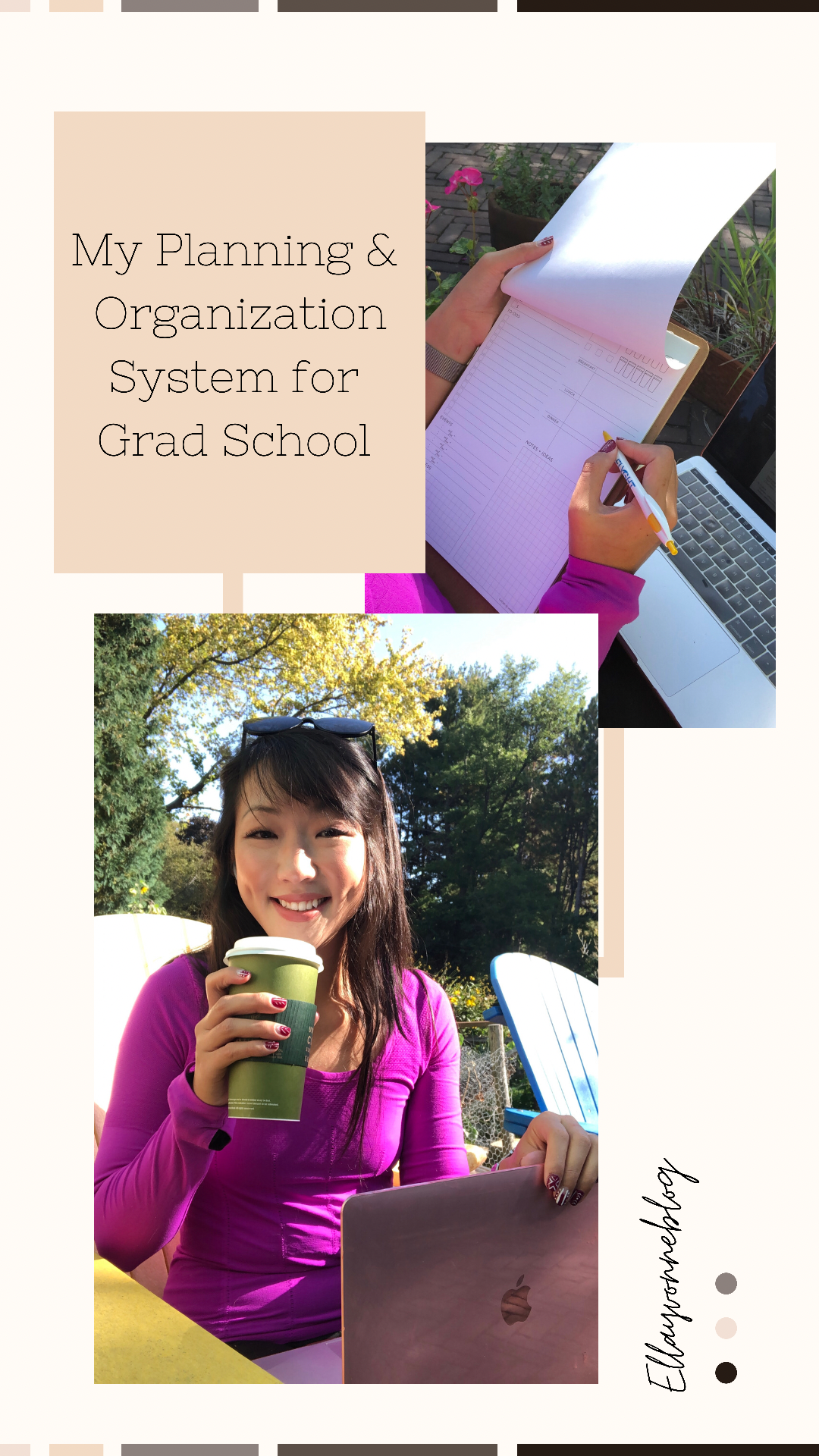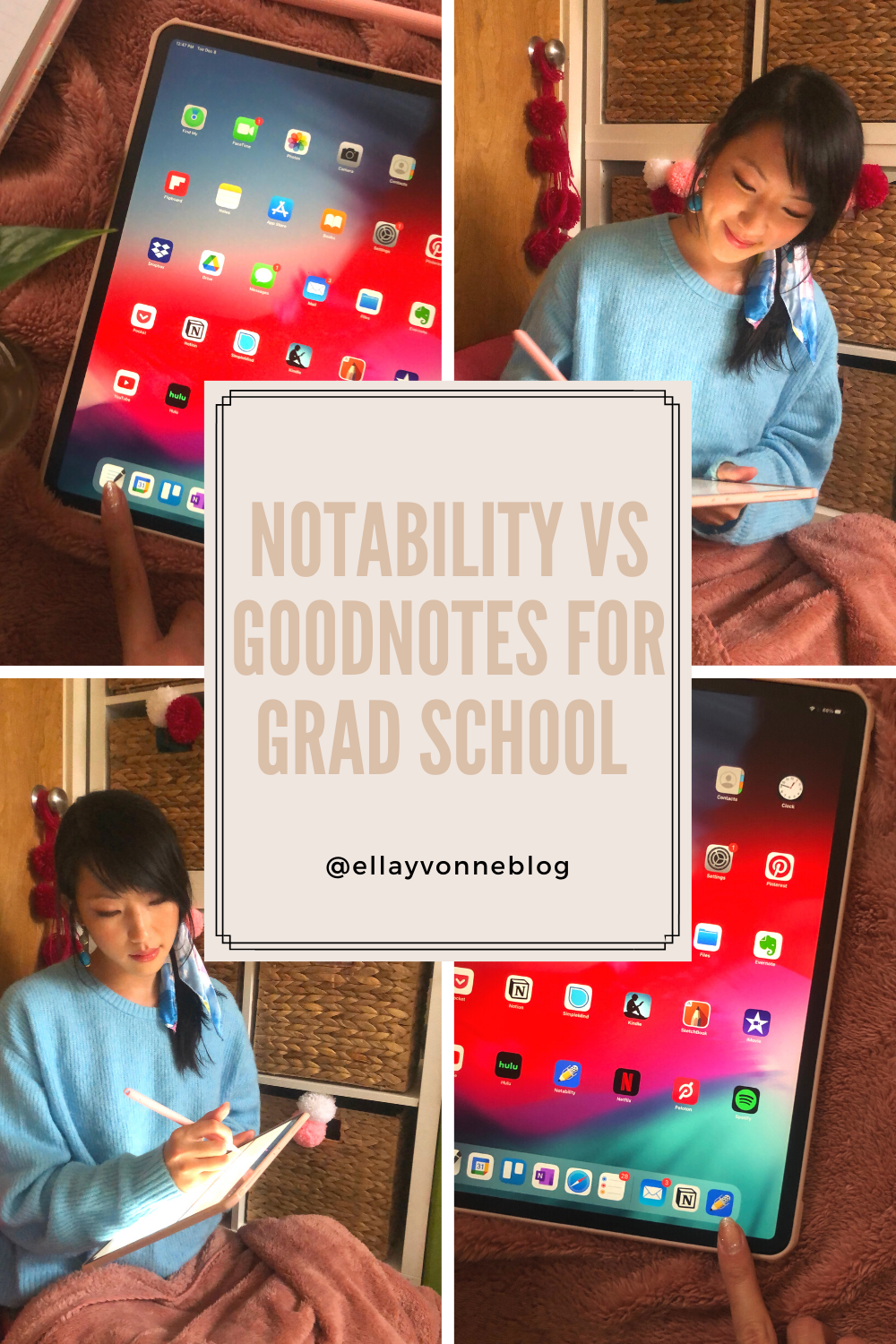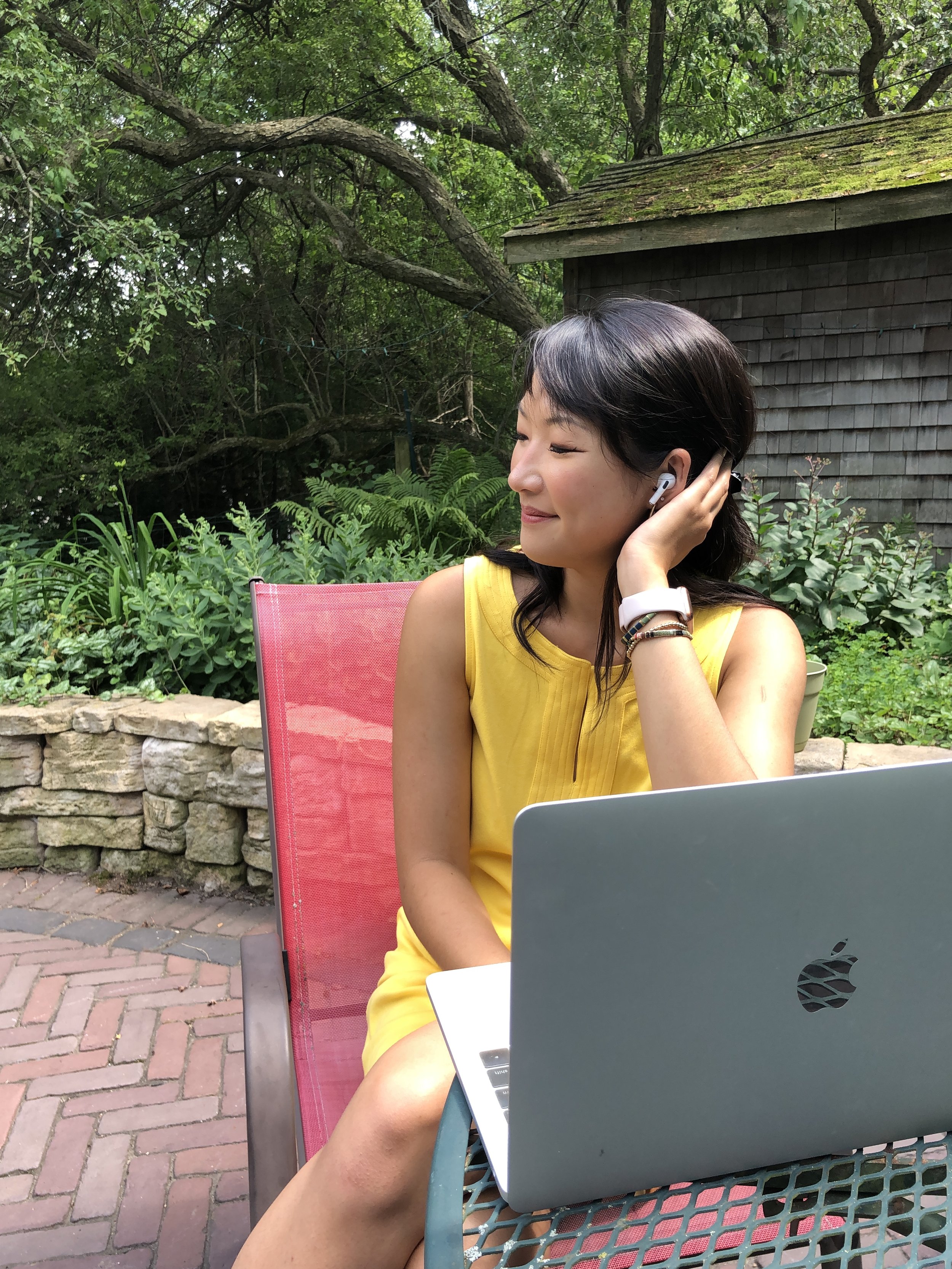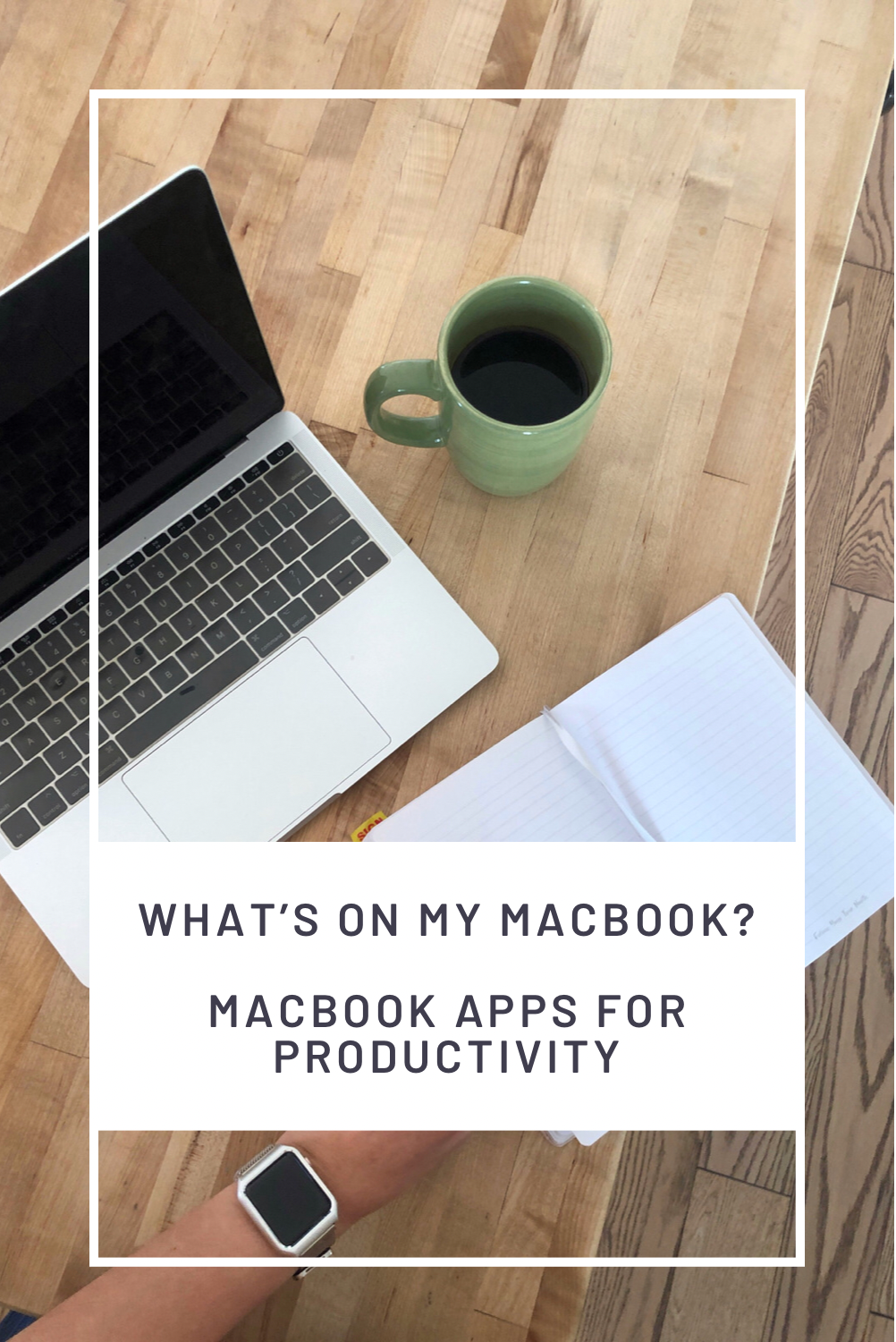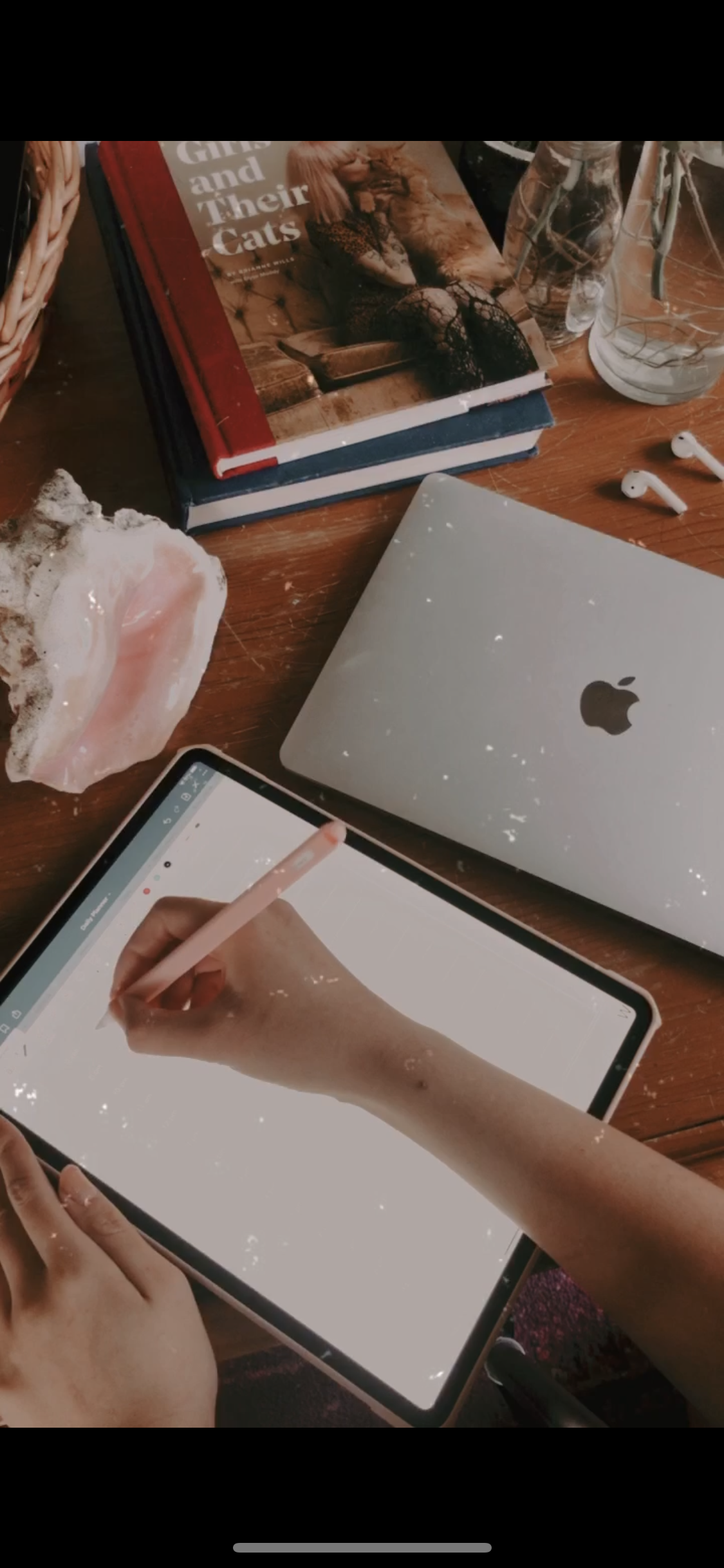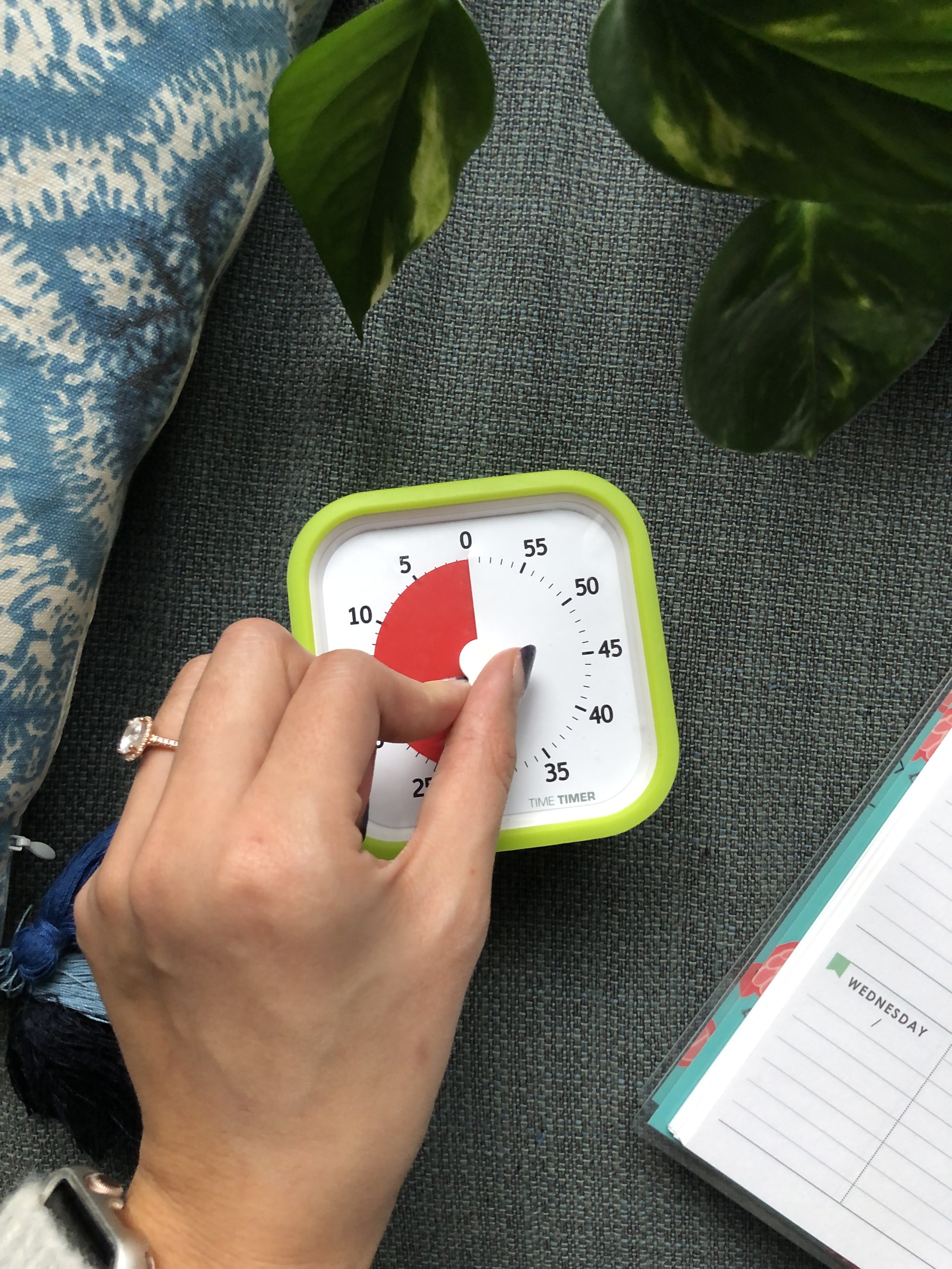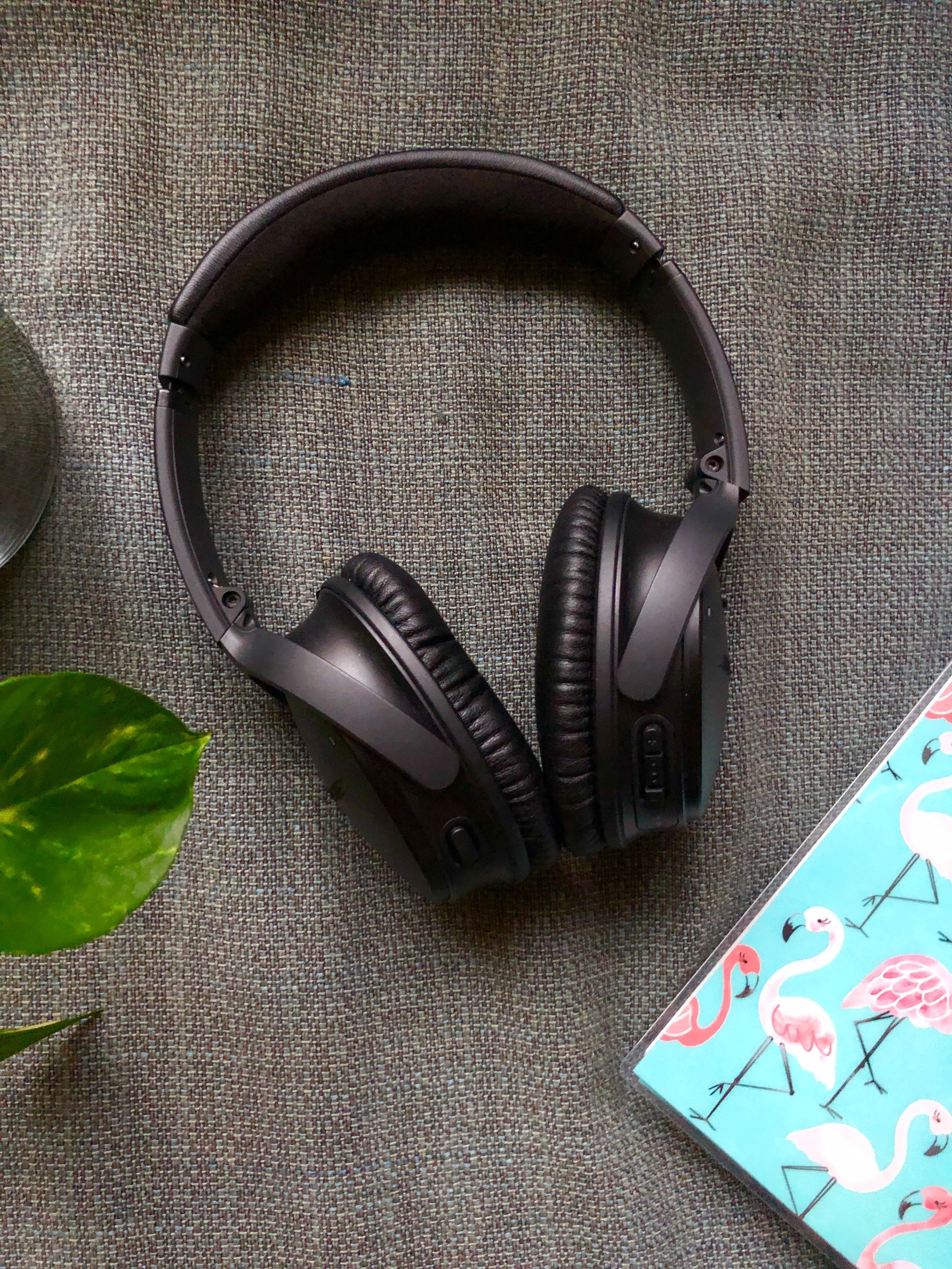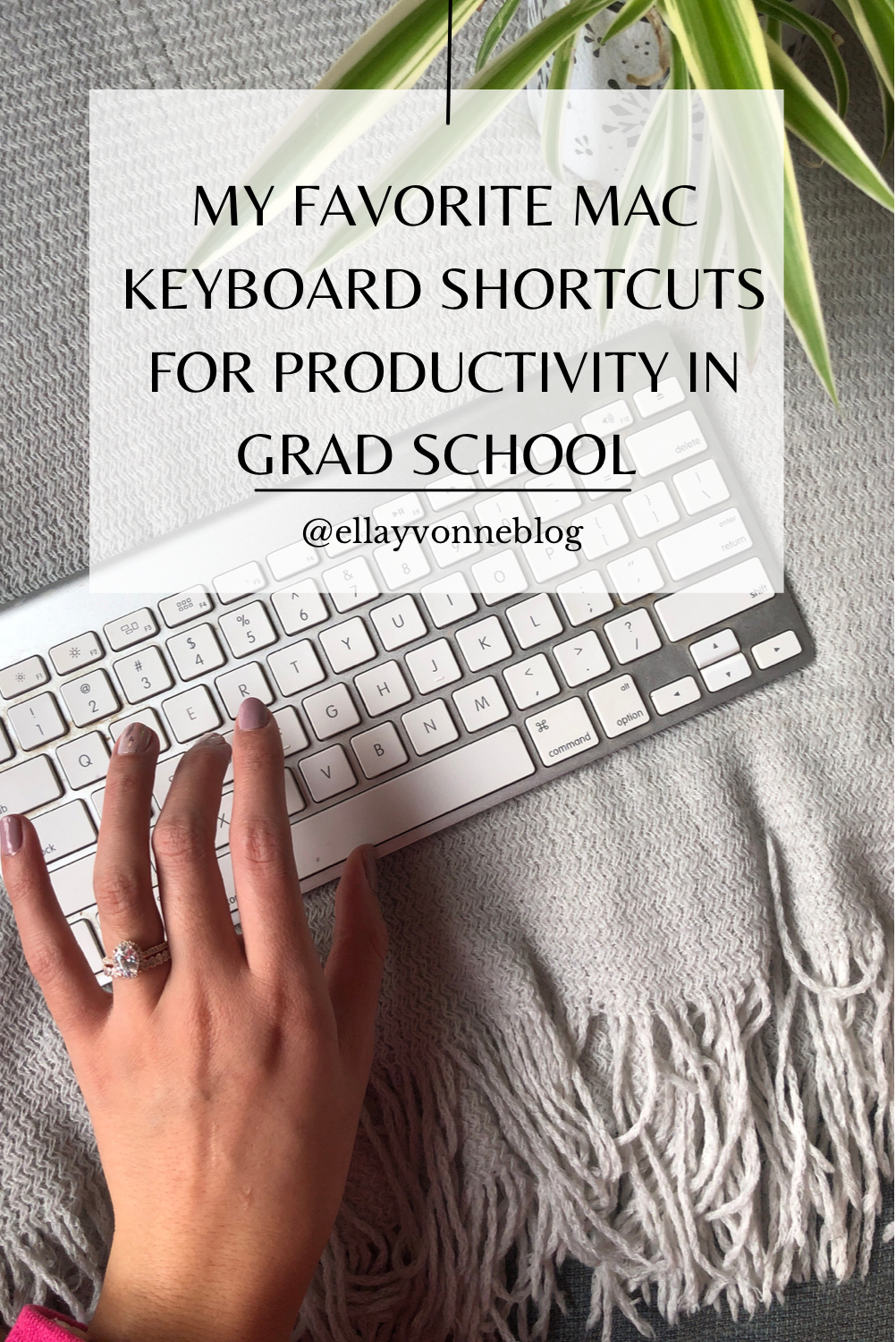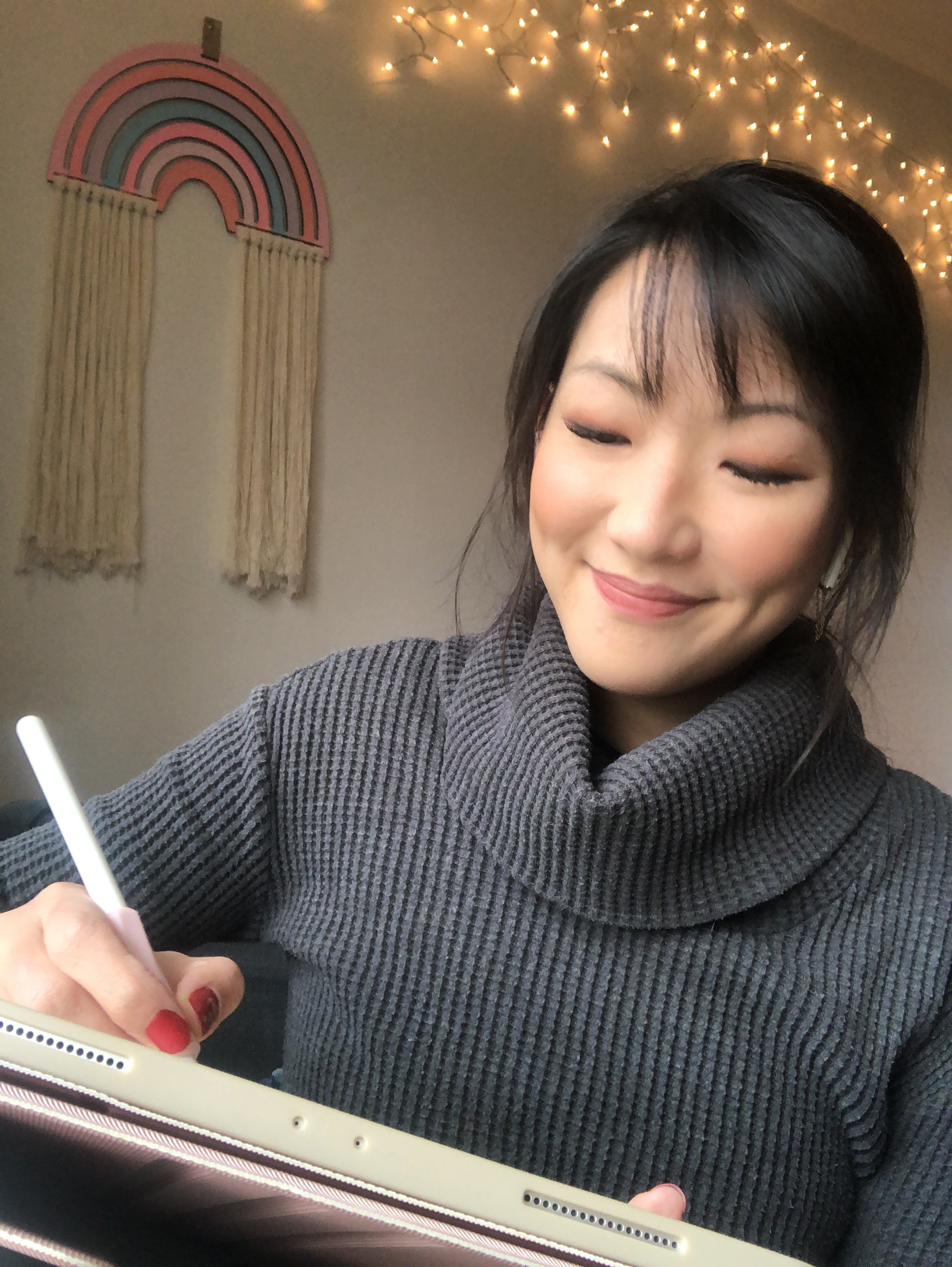Good morning, my friends! I hope you all are surviving the end of your semester okay - you've got this! Today I'm excited to share my study strategy as a grad student taking final exams. It's actually the same strategy I used in college (albeit a more sophisticated version) and the same one I used to study for my preliminary exams so it's a system that works for me at every level of education - And one that I hope will help you study for your upcoming exams, too!
MY STUDY STRATEGY
I'll break it down further in this post but at a baseline, my study strategy consists of just THREE pieces.
Review the materials and pull out things that I think will be important
Cement that important stuff in my brain in as many ways as possible.
Sleep 🙂
1) REVIEW THE MATERIAL + PULL OUT WHAT IS IMPORTANT
For me, the best first step is to review the material I've learned over the course of the semester and pull out what I think is most important. This is usually the most time consuming part of studying, but part of the reason I go through the process of reviewing it and compiling the important parts of the course is because the actual process of evaluating what's important is already one way of studying the material.
Questions to Ask Yourself When Reviewing Articles
In grad school, most of the class material is peer-reviewed journal articles so I make sure to ask the following questions when I'm deciding what is most important to remember from an article (because frankly, you CANNOT possibly remember all of it!)
What were the article's main findings and contributions to existing research?
How does it relate to other articles in this area?
What method did they use to answer their research question?
(e.g., what was the type of sample, research methodology, and analysis strategy?)
What did my instructor want us to GET out of this article?
(especially in grad school, there's usually a reason that your instructor wanted you to read that article - was it a historically significant piece? did it create controversy? was the method incorrectly done? etc.)
By asking myself these questions during the review process, what it actually does is that it makes sure that I'm not studying everything. As idealistic as you may want to be in your studying goals, there are only so many hours in a day and your brain can only hold so much information, so the most important part of studying is being able to efficiently boil down your notes to the most important pieces.
Make a Study Guide
As I'm reviewing the material, I'm also simultaneously making a study guide where I compile all of the most important notes. To do this, I like to use Notability or OneNote on my iPad because it allows me to type notes, insert photos, and write on/highlight anything I want. This level of flexibility is so, so nice because I can make whatever notes are needed to help me remember the information better.
For my favorite iPad apps and how I've set up my iPad check out these posts below:
2 ) CEMENT IT IN YOUR BRAIN IN AS MANY WAYS AS POSSIBLE
One of the most effective ways to learn something is to try and learn it through multiple different methods through as many of your senses as possible! That's why you often find that in classes you are not only reading concepts from a textbook but also listening to a lecture and applying those topics to a discussion or activity. Having those multiple input methods allows you to learn and memorize that information more effectively.
The same thing can be said when you're studying. One of the crazier things I do to study is I read my study guides out loud to myself, record myself, and then listen to those recordings on repeat. Is it a little cringe to listen to myself? Absolutely. Has it paid off on my exams? Absolutely. Here are the 5 input methods I utilize in studying:
Reading - reviewing the material and pulling out what is important is already a method of reading the material and visually inputting it into your brain
Writing - by creating a study guide as I'm reviewing the material, I'm physically writing out the concepts or typing down the concepts.
Speaking - I usually record myself reading the study guides out loud and this both serves as another input and allows me to catch things in the study guide that I'm not as familiar with or things that I have to revisit that don't make sense! This can be time-consuming but it is so, so worth so that you can listen to it later as well.
LISTENING - This might be #4 on the list but it is my TOP TIP for studying in less time. I get easily exhausted constantly looking at a screen when I'm studying but guess what you can do while you're listening to a study guide? Pretty much anything! I find that this is so, so powerful because it allows me to continue to process and memorize the information in my head while I'm taking a walk, preparing dinner, getting ready for bed, working out, cleaning my home, or when I'm simple resting. A lot of space during the day that I normally would not be able to use for studying can now be spaces where I can continue to encourage my brain to process the information.
Drawing - Last but not least, if there's some info that I'm really struggling to memorize or understand, I'll usually draw out the information in some kind of creative picture. You do NOT have to be an artsy person to do this! This has helped me SO much because even if I don't remember every concept perfectly, I find that I'll often remember the ridiculous picture I drew and that usually allows me to remember a whole host of other things about the topic! It's much easier for us to remember an image than a huge list of items so try to use that in your favor.
3) SLEEP
Since I'm not the cutest when I'm asleep, please enjoy some adorable photos of my foster cats sleeping the day away 😊
BUT in all seriousness. PRIORITIZE SLEEP! I know I might sound like your mom right now but damn does it make a difference. I was a migraine sufferer for most of my teens and early twenties and the main thing that ended up causing those migraines was lack of sleep. Nowadays, sleep trumps nearly everything else in my life because the level at which I function without sleep just does not compare to how I function when I've had my full 8, 9, or 10 hours of sleep. I totally empathize with the fact that you often feel pressured to stay up to study more but after having a good night's sleep your brain is able to make new connections and is sharper the next morning - which I think ultimately shows in your performance (at least it does for me!)
I hope this was helpful as you're studying for your final exams! Leave me a comment down below if you have any other study recommendations for our little community here - I'd love to learn from your experiences! Good luck with your exams - you've got this!
















